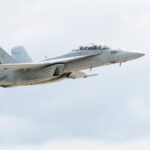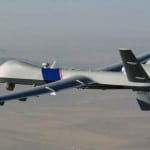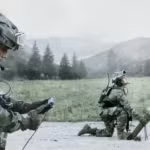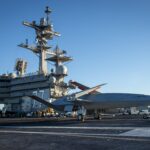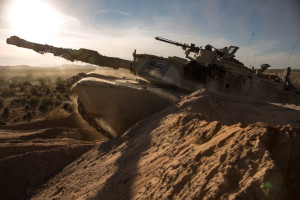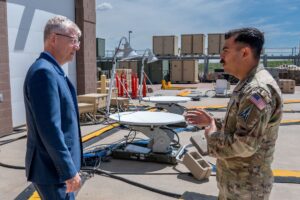The United States will fast-track arms sales to Gulf Cooperation Council member states through a dedicated Foreign Military Sales (FMS) office in an effort to bolster those nations’ abilities to counter terrorism and deescalate conflicts in the region, the White House announced May 14.U.S. Special Operations Command (USSOCOM) forces also will have an increased presence in the region as they ramp up efforts to train GCC troops in counter-terrorism tactics, according to the multinational agreement.Leaders of the GCC nations –…
Contract Updates
CORRECTION: The contract announced on Sept. 29 2025 (for A-GAS US Inc., Bowling Green) – $31,442,629
CORRECTION: The contract announced on Sept. 29, 2025, for A-GAS US Inc., Bowling Green, Ohio (SPE4A7-25-D-0386) for $31,442,629 was not awarded.
UPDATE: Somo Lens LLC (Santa Fe Springs, California (SPE2DF-26-D-0004) – $37,500,000)
UPDATE: Somo Lens LLC,* Santa Fe Springs, California (SPE2DF-26-D-0004, $37,500,000) has been added as an awardee to the multiple award contract for optical lens program for the Defense Logistics Agency Electronic Catalog, issued against solicitation SPE2DE-24-R-0002 and awarded on May…
UPDATE: Hologic Sales and Service LLC (Marlborough, Massachusetts (SPE2D1-26-D-0005) – $95,000,000),
UPDATE: Hologic Sales and Service LLC, Marlborough, Massachusetts (SPE2D1-26-D-0005, $95,000,000), has been added as an awardee to the multiple award contract for medical equipment and accessories for the Defense Logistics Agency Electronic Catalog, issued against solicitation SPE2DH-21-R-0002 and awarded Feb.…
Vertex Aerospace LLC (Madison, Mississippi) – $
Vertex Aerospace LLC, Madison, Mississippi, was awarded an undefinitized contract action with a not-to-exceed price of $ 20,995,905 for F-16 Systems Program Office Foreign Military Sales (FMS) support. This contract action involves FMS support for contractor logistics support (CLS) for…

 By
By 